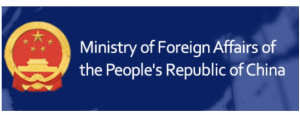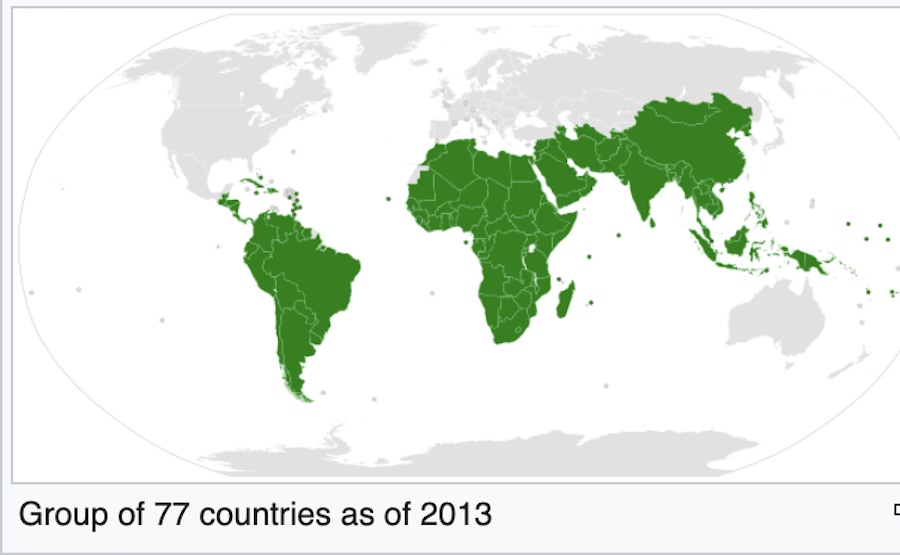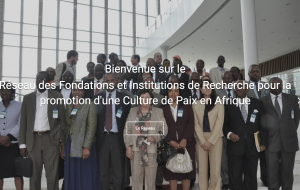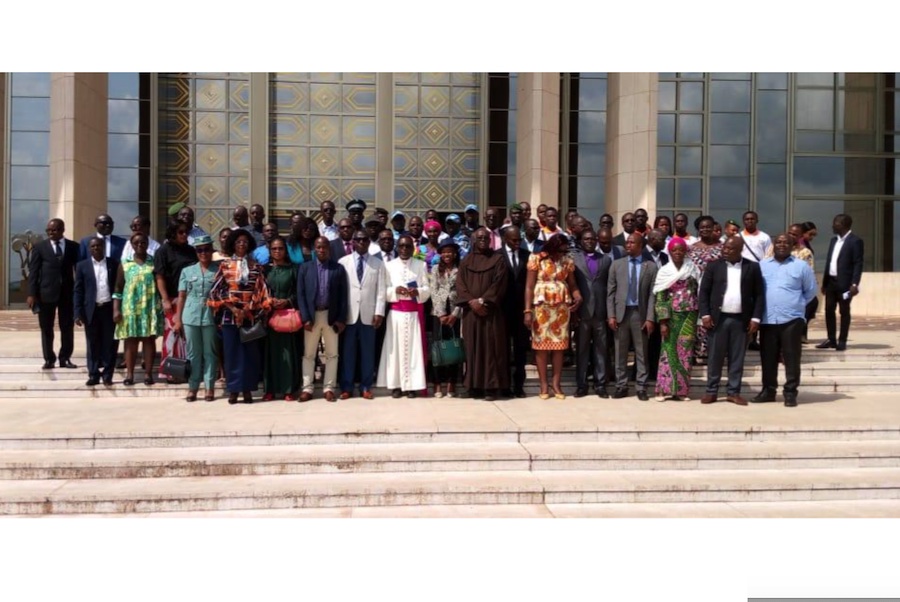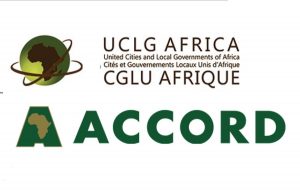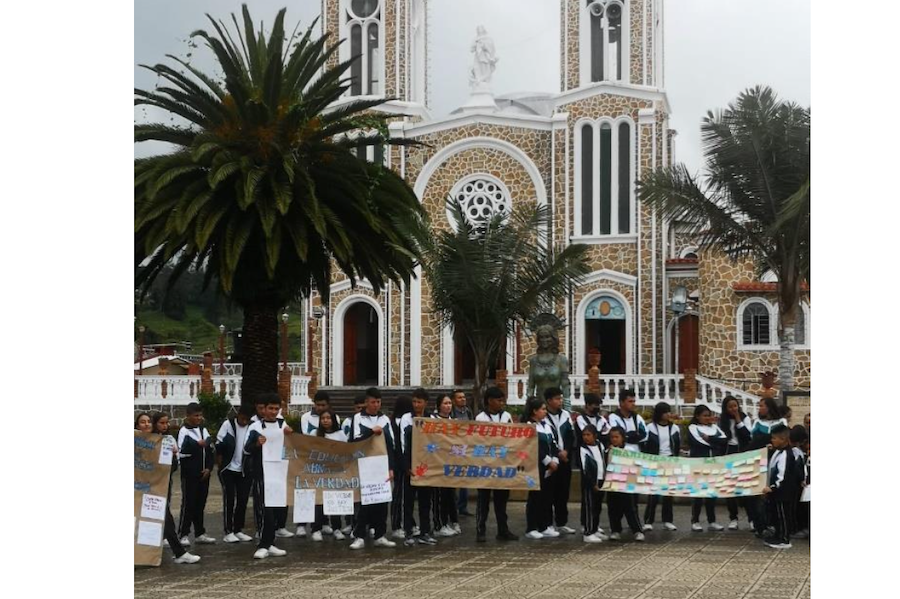… EDUCATION FOR PEACE …
An article from the Global Campaign for Peace Education
Prominent academics, researchers, educators, policymakers, and civil society representatives convened in a groundbreaking international peace education conference to discuss and reflect on the most effective approaches to address conflicts, promote human well-being, and achieve sustainable peace.
The conference, which was organized by the University of Rwanda, Kent State University, and Aegis Trust run from July 11 to July 13 and significantly contributed to the global understanding of peace education as a transformative process.

(Click on image to enlarge)
Peace education was recognized as a means to impart the knowledge, skills, attitudes, and values necessary for behavioral change, enabling individuals to prevent conflict and violence at all levels.
The Vice Chancellor of the University of Rwanda, Didas Muganga Kayihura, emphasized that the conference facilitated the exchange of experiences, practices, and strategies to enhance peace and values education. The outcomes of this gathering would assist decision-makers in making more informed actions and decisions.
“No matter how great of a scientist or researcher one may be, without peace or a commitment to peace, everything is lost,” he noted.
The conference also provided invaluable insights into Rwanda’s unique challenges regarding peace education, including its experience with the 1994 genocide against the Tutsi, the integration of peace education into the curriculum, post-genocide reconciliation efforts, and societal healing approaches.
Kayihura emphasized that peace education is indispensable at all levels, encompassing schools, churches, communities, families, and institutions. It should cater to both illiterate and literate individuals of all ages, from adults to youth and children. The shared experiences and knowledge among researchers at the conference aimed to identify gaps in peace education and pave the way for sustainable peace in societies plagued by war and conflict.
(Continued in right column)
Where is peace education taking place?
(Continued from left column)
Key elements such as tolerance, diversity, freedom, equity, gender, and social cohesion were highlighted as crucial for building peaceful societies and achieving sustainable peace. The Vice Chancellor stressed that peace education is essential in fostering a culture of peace.
He also recognized the pivotal role played by the University of Rwanda’s Centre for Conflict Management (CCM), the Rwanda Peace Academy, and the National Civic Education Program in peace education. These institutions serve as platforms for sharing experiences and knowledge with other countries.
Mandy Munro-Stasiuk, the Dean of the College of Arts and Sciences at Kent State University, highlighted the significance of holding the peace education conference in Rwanda. The government’s commitment to integrating peace education into the national curriculum and communities across the country made Rwanda an ideal location for such an event.
The conference was a result of the growing collaboration between Kent State University and the University of Rwanda. Both institutions are drawing on their respective histories to forge a path toward global peace. Kent State’s Board of Trustees approved the formation of a non-profit corporation to be based at the University of Rwanda in Kigali. This corporation will serve as Kent State’s operational hub for recruitment throughout Africa, deepening the relationship between the two universities.
“We are collaborating to enhance educational capacity and learn about effective peace education tools,” Munro-Stasiuk stated.
James Smith, the Founder and Deputy Chair of the Aegis Trust Board of Trustees, emphasized the importance of strengthening peace education, particularly in light of ongoing denial of the 1994 genocide against the Tutsi. Smith, also a co-founder of the UK’s National Holocaust Centre and Museum, played a pivotal role in establishing the Kigali Genocide Memorial in collaboration with genocide survivors and the Kigali city council.
“Peace education is not merely about learning about peace; it is about actively making peace,” he emphasized.
Freddy Mutanguha, CEO of the Aegis Trust, a key organizer of the conference, stressed the need to enhance peace education to prevent conflicts that could lead to genocide. By integrating peace education into various curricula, students, teachers, and graduates would possess the capability to teach peace education worldwide, fostering sustainable peace for future generations. Mutanguha emphasized the importance of sharing experiences and lessons from different countries to improve peace education further.
Pacifique Niyonzima, a PhD student and researcher who participated in the conference, expressed enthusiasm about collaborating with students and researchers from other countries. Their goal is to inform policy makers about necessary improvements in peace education to achieve sustainable peace.
Niyonzima emphasized the importance of conducting research not only on Rwanda’s history but also in other conflict-affected nations. He highlighted the partnership with students from Kent State University to facilitate these research endeavors.
